Editor’s Note: As the novel coronavirus spreads in Ukraine, where it has infected nearly 900 people and killed 22 as of April 2, the country has imposed strict quarantine measures that will last until at least April 24 and eventually can be extended until mid-May. Meanwhile, authorities are adopting new legislation in an attempt to meet the economic and social challenges of today. The Kyiv Post asked prominent political and international relations experts about how the COVID‑19 crisis can affect Ukraine’s political landscape and its international affairs.
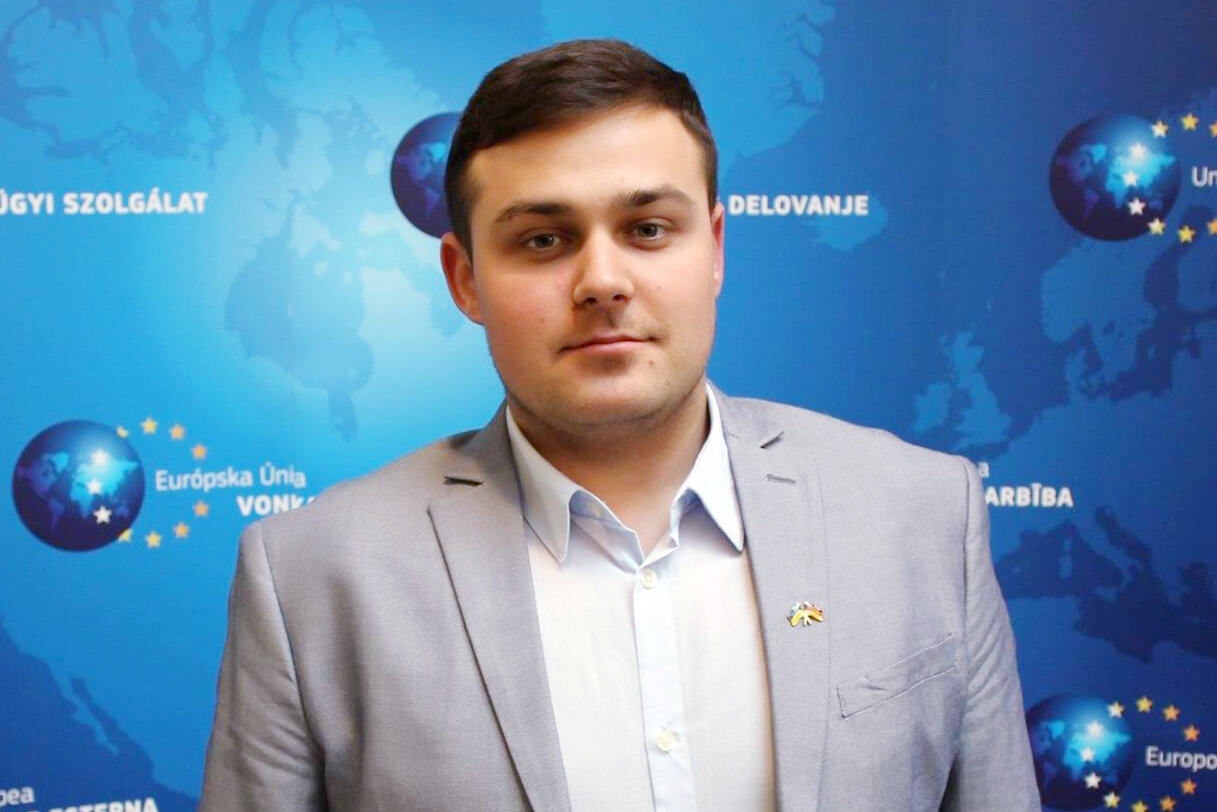
Vitalii Rybak
analyst, coordinator of EU-related projects at Internews Ukraine
It is clear that the peak of the pandemic and key challenges it brings for the government and Ukrainian society as a whole are still ahead. Therefore, we could expect quarantine measures being tightened and a further rise of the political influence of those who are directly involved in dealing with the pandemic. Namely, Ukraine’s interior minister Arsen Avakov, who could score more political points and strengthen his influence on President Volodymyr Zelensky.
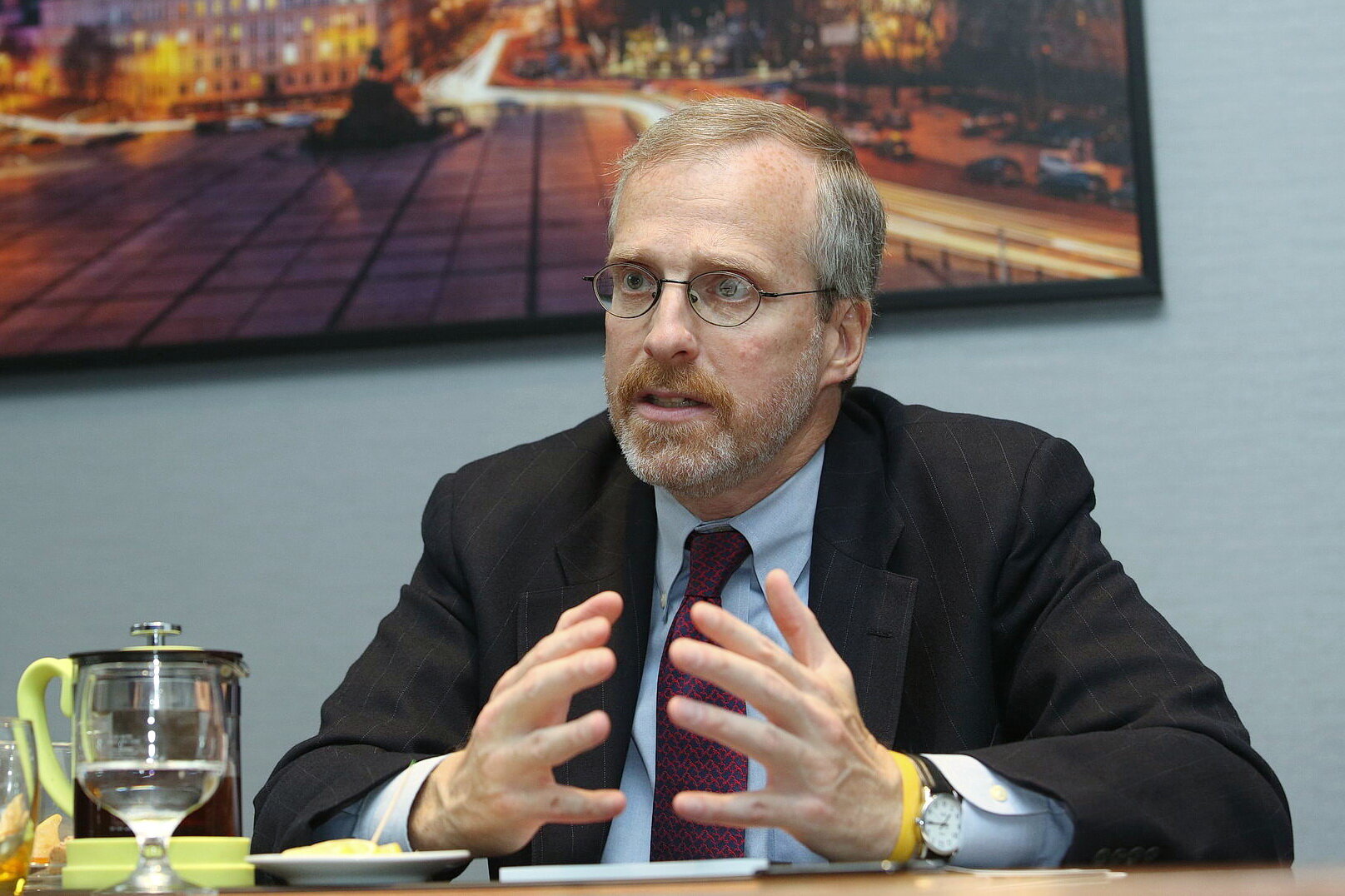
David J. Kramer
senior fellow at Florida International University, former assistant secretary of U. S. State for Democracy, Human Rights and Labor
The coronavirus crisis is going to change every country on the planet, with Ukraine being no exception. Ukraine faces additional challenges in having to undertake necessary measures now, including passing key legislation on land and banking reform, to secure IMF assistance, which Ukraine will need more than ever given the economic pain the crisis will cause. Ukraine, like other countries, must take all necessary measures to protect itself as much as possible from the spread of the virus while preserving its democratic gains and planning for an economic recovery. Staying true to its democratic commitments and principles will engender goodwill and support from outside of Ukraine, including for its campaign to combat Russian President Vladimir Putin’s ongoing aggression. Calm, reassuring and competent leadership in every country is more critical now more than ever, as we are painfully aware in the United States, and President Volodymyr Zelensky and other Ukrainian political leaders must rise to the challenge and work together to help the country navigate through these difficult times.
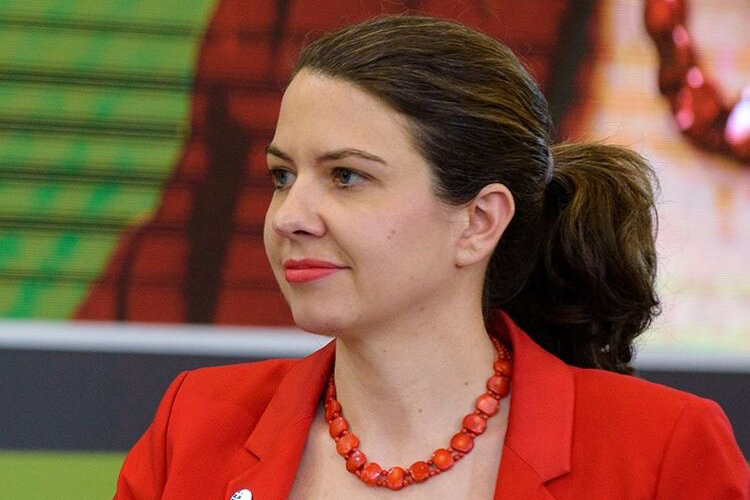
Melinda Haring
deputy director at Atlantic Council
Ukraine is not prepared for the coming coronavirus crisis and it shows. The government has blundered when it comes to procuring tests and personal protective equipment, coordinating the allocation of equipment, and communicating the enormous health risks to those who do not self-isolate. There are credible reports of doctors quitting because they lack protective gear. Ukraine is being led by someone with zero political experience and his inner circle has never held high office. Ukrainians will likely respond by electing politicians with experience and valuing expertise. I fully expect Dr. Ulana Suprun, the former acting minister of health and an American trained physician, to be called back into service. I have a darker worry: the COVID‑19 crisis will show just how fragile Ukraine is. Thousands will likely die, people will be forced to stay at home for months and few have sufficient savings to cover the period, unemployment will balloon, the economy will contract, and many will reasonably conclude that they can have a better life elsewhere. Since COVID‑19 is expected to really hit in two weeks, it’s not too late to reverse these grim predictions, but Ukraine’s leaders need to act fast.

Brian Mefford
director of Wooden Horse Strategies, LLC, senior non-resident fellow at the Atlantic Council
The effect of the coronavirus on the health of Ukrainians will become evident in the days to come. However, the economic effects will almost certainly be brutal. Unemployment, bankruptcies, and possibly a rise in crime, will disrupt Ukraine’s social fabric. There will be a crisis of confidence in governmental leaders, which will result in frequent changes in ministers, governors, and other officials. Unfortunately, in the short term, the oligarchs will become more influential. Internationally, Ukraine will have difficulty maintaining the attention of the G7 nations, as those countries will focus on fixing domestic economic problems. In short, it is going to be a harsh 2020 for Ukraine.

Volodymyr Fesenko
political scientist and consultant
The epidemic and the quarantine will inevitably provoke a more critical attitude towards the authorities and, most likely, to the modern political elite in general. A new systematic trust crisis to the political elite can appear. That might lead to the growing demand for new alternative political forces and a “strong man.” So far, Zelensky manages to maintain a relatively positive perception among the majority of Ukrainians. But a significant deterioration in the socio-economic situation may exacerbate critical attitude towards him and contradictions within his faction. In a soft-case scenario, it will weaken his influence on the government and the parliament. In a tough-case scenario, it can evoke an acute political crisis.
The pandemic and the global quarantine will significantly complicate and exacerbate international relations, which can lead to a crisis inside the Schengen Area and the European Union, which could negatively affect the implementation of Ukraine’s European integration strategy. Isolationist views can intensify in many countries around the world and in Ukraine too. The situation in Russia may develop very ambiguously. The consequences for us can also be unpredictable — from Russia’s new aggressive actions against Ukraine to the loss of Russian attention to the Ukrainian issue and its willingness to compromise on the war in the Donbas — if we are ready for it.

Adrian Karmazyn
former chief at Voice of America Ukrainian Service, Washington DC
Ukrainians, hopefully, will come out of the coronavirus crisis with a renewed commitment to implementing reforms that will make their economic, democratic and rule-of-law system more similar to the successful countries of the European Union. Creating the conditions for an infusion of Western direct foreign investment will likely continue to be the key for making Ukraine’s business climate more competitive and unleashing the country’s economic potential, thus providing the economic growth and prosperity that will vastly improve the lives of the citizenry, including in the spheres of education, health care, infrastructure and culture.
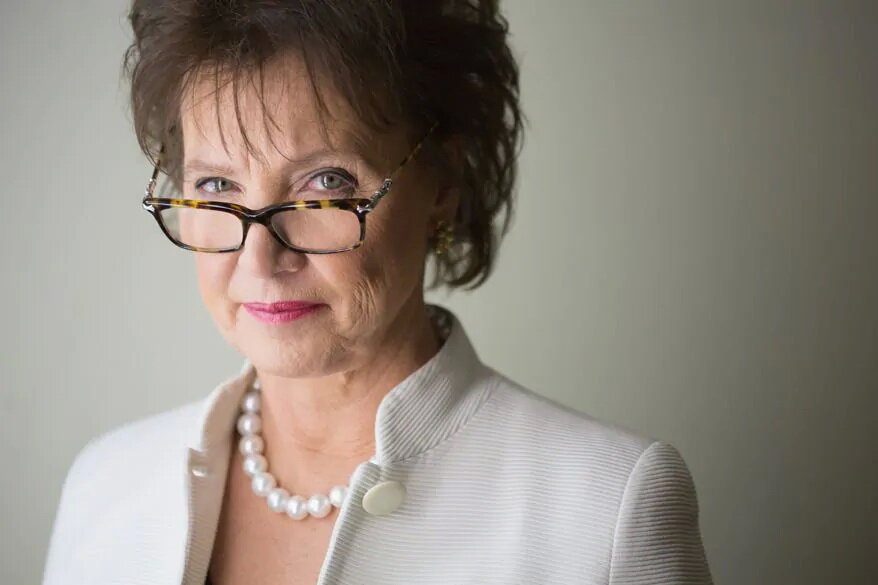
Diane Francis
author, investigative journalist
The coronavirus crisis will permanently alter Ukraine, economically and geopolitically, because it forced the country’s political leadership to definitively pivot to the West by passing needed banking and agricultural land reforms. These reforms were heavily opposed by oligarchs and Russian-sympathizer opponents and their media, but were accelerated by the need to finalize IMF funding in order to support the country through this calamity. This has saved the day of Ukraine in more than one respect. Dithering and disagreements may have indefinitely postponed reforms and impeded Ukraine from taking its place as an important, and eventually prosperous, European nation. Now its promise can be realized.
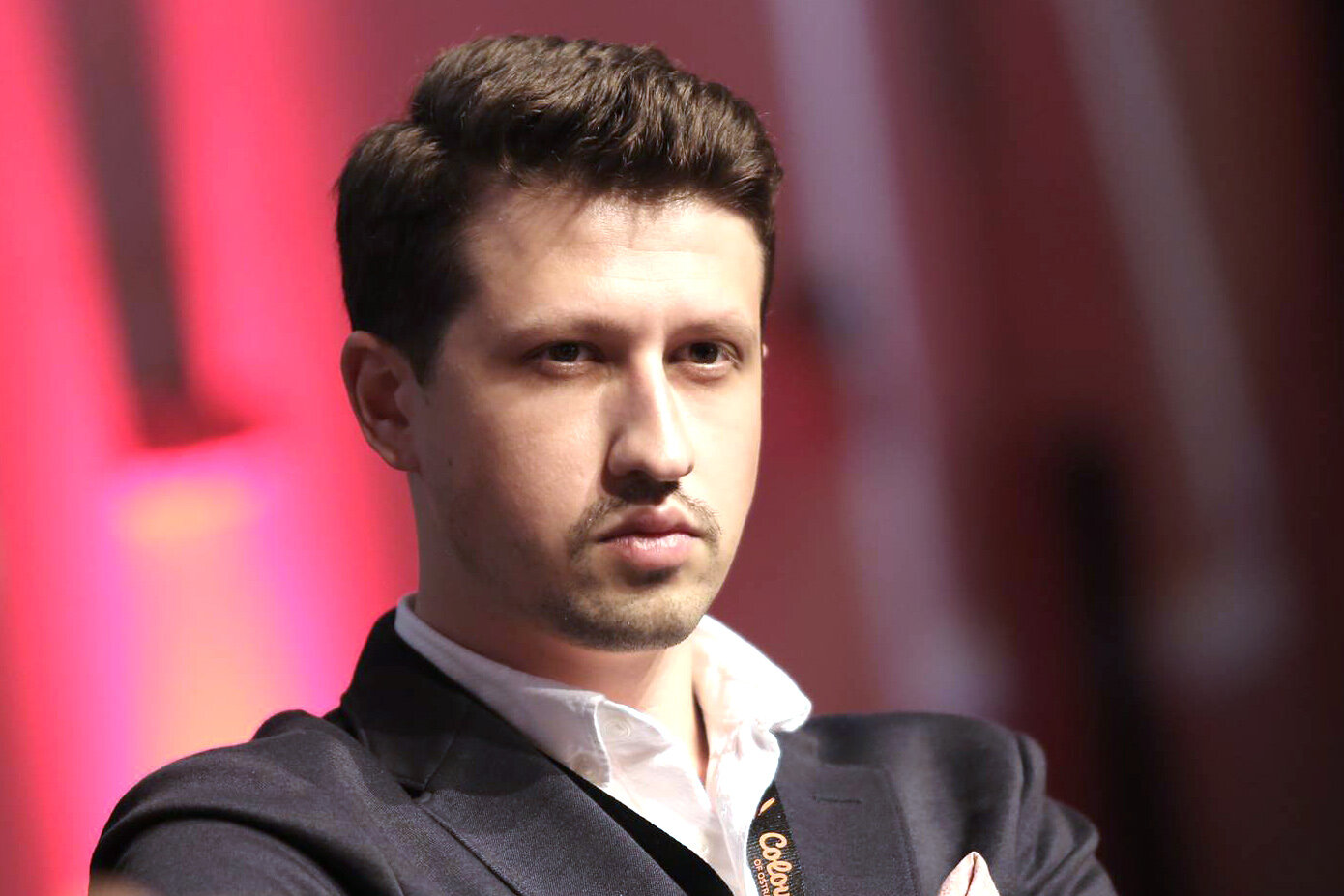
Maksym Eristavi
international journalist
Eastern Europe together with Ukraine has a number of areas to watch for cataclysmic changes. First, a high default risk for severely indebted Ukraine. The COVID‑19 financial crisis has already locked out emerging economies, including Ukraine, from the global credit market. Even if the IMF throws a lifeline for this year’s debt repayment, servicing future ones will become a mission impossible due to the imminent global recession. The country has to prepare for the economic downturn likely worse than the last one in 2009, which left Ukraine with a ‘lost decade’ of anemic growth. The government of neighboring Moldova has already warned that they expect the worst economic crisis since World War II. It runs true for all Eastern Europe.
I’d also watch for a severe crisis of the health care system since it looks like the ongoing reforms haven’t prepared it to handle an epidemic emergency. Plus, as most countries roll out severe caps on basic human rights in the name of the COVID‑19 fight, consolidating democracies like Ukraine must stay extra vigilant so the government doesn’t use it as a smokescreen for a power grab: the restrictions should have an expiration date and we must demand from officials sound reasoning for them. Finally, the voice of independent journalism becomes crucial for all of us like never before, but it needs more financial support from us, too, since many newsrooms have little chance of surviving upcoming turbulent months without it.
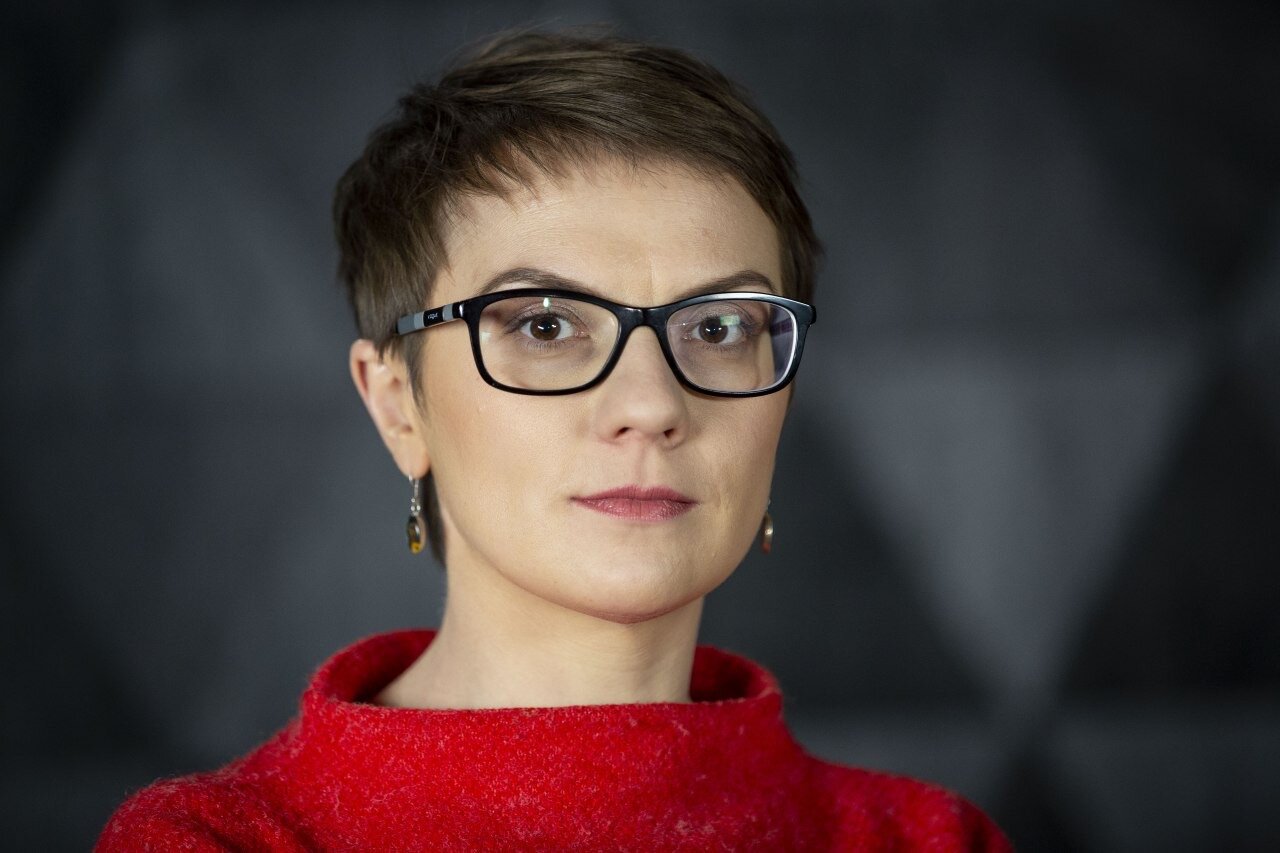
Nataliya Gumenyuk
journalist, author
Politically, it will very much depend on how deadly the outbreak will be. There is very little trust in the health care system, so the chances Ukraine avoids real crisis when hospitals are overwhelmed are low. Yet if the situation turns to be less grave than in Italy, support to the government will grow and somehow the ratings of Zelensky will be again back to unusually high.
The economy will be hit hard, so it’s clear that there will be less liberal market reforms, which will stop the country from the development, yet both the Ukrainian population and also international partners will accept this as something inevitable as the pandemics will be an excuse. So I expect a kind of usual stagnation which Ukraine has experienced for the last decades. The odd thing is that in the current international context it won’t look that bad internally and externally.
